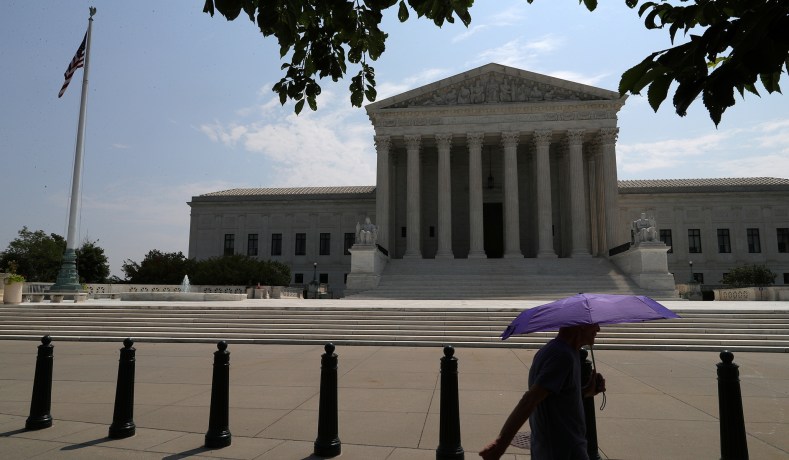
It looks like we did not get the boffo day some Supreme Court watchers were expecting.
On Monday morning, the Court announced decisions in two matters (involving three cases). The more anticipated one was the so-called Faithless Electors case. In a ruling that was basically unanimous, the Court held that a state may enforce the pledge of an Electoral College elector to vote for the presidential candidate who won the state’s popular vote. Justice Elena Kagan wrote the Court’s opinion. Justice Clarence Thomas filed a separate opinion concurring in the result (joined in part by Justice Neil Gorsuch). There were two cases involved. The main ruling was issued in Chiafalo v. Washington; a related case, Colorado v. Baca, was summarily reversed based on Chiafalo.
In the second matter, the Court in Barr v. American Association of Political Consultants invalidated an exemption in a federal statute that bars robocalls. Congress had carved out the exemption to permit robocalling for the purpose of collecting government-backed debt. The justices ruled that this prioritized commercial (debt-collection) speech over political speech, in violation of the First Amendment. There is a jumble of opinions, with the main one written by Justice Brett Kavanaugh, but the bottom line is that the Court saved the overarching statutory prohibition on robocalling by severing out and invalidating the exemption for debt-collection speech. That is, it did not hold that the overall prohibition was unconstitutional due to the suppression of political speech as long as all speech was treated the same way.
There are still important decisions to come, including those involving President Trump’s tax-return information (i.e., whether their production can be compelled by congressional committees and by a New York district attorney conducting various investigations), and the enforceability of the Obamacare contraception mandate on employers who opposed contraception on religious grounds.
Expect the remaining decisions in the coming days. It is unusual for the Court to be issuing opinions once July rolls around . . . but there is nothing normal about 2020 — a year in which the Court closed business for several weeks due to the coronavirus, held oral argument by tele-conference, and is issuing opinions by website announcements rather than in-court proceedings.




